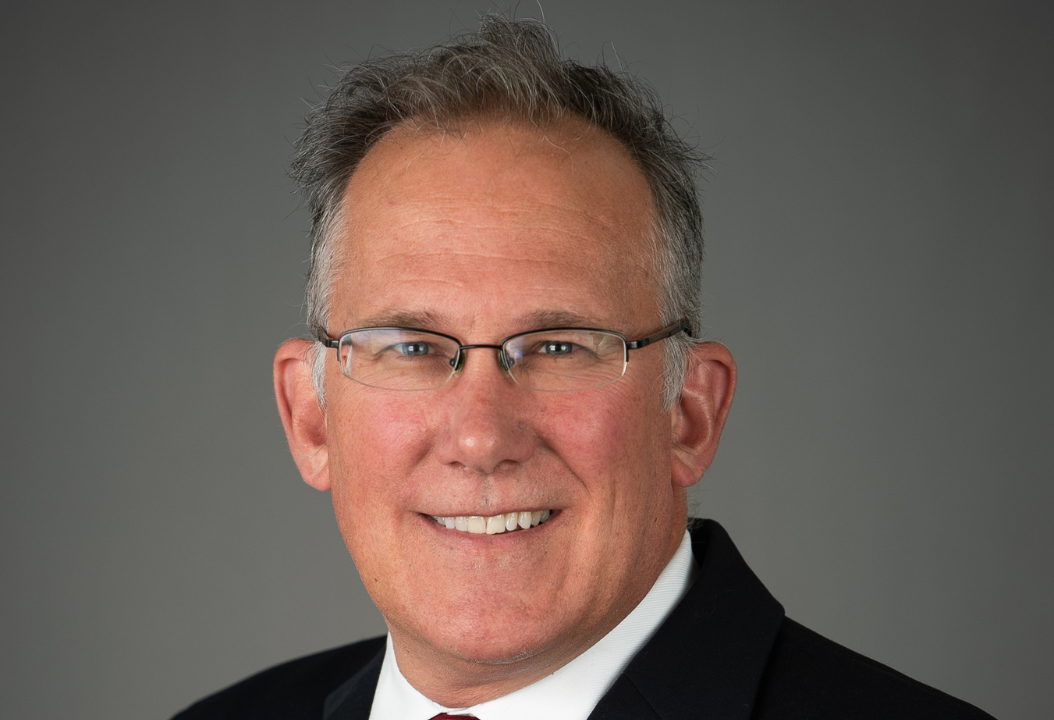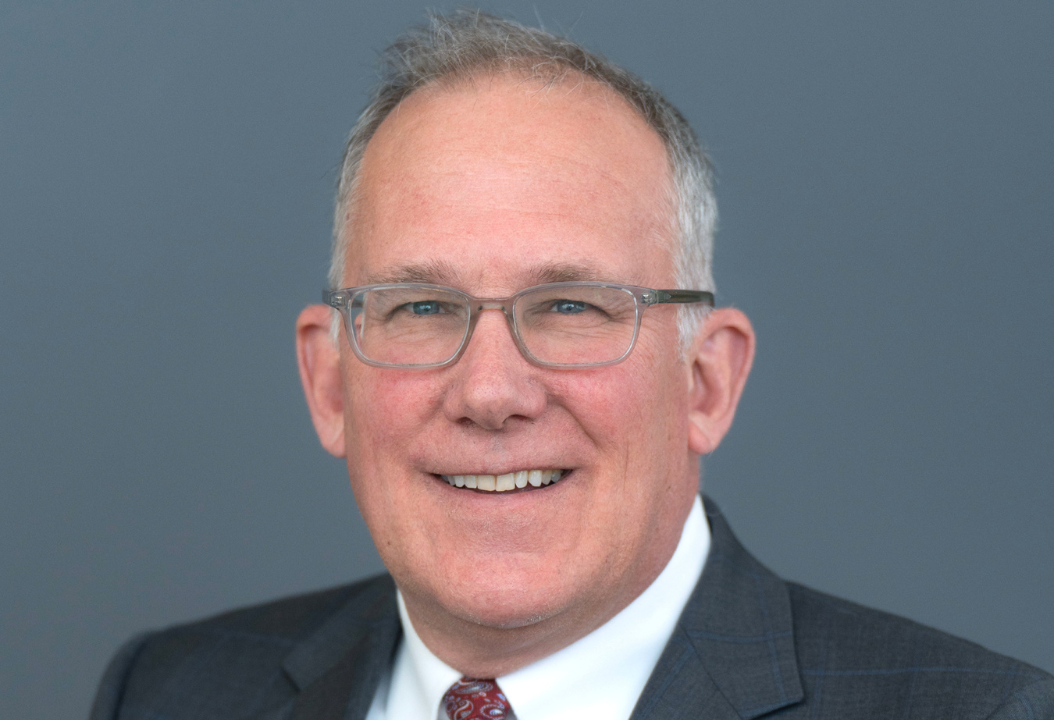This commentary is written by PNC Chief Economist Gus Faucher.

- Retail sales fell 0.6% in November, well below consensus expectations. The weakness was broad-based, and particularly notable in housing-related industries.
- Industrial production fell 0.2% in November, including a 0.6% decline in manufacturing.
- Tighter monetary policy is weighing on the US economy at the end of 2022.
- PNC expects a mild recession in 2023.
Retail sales fell 0.6% in November from October, against expectations for a 0.4% increase. Sales were weak across the board, with a decline of 0.2% excluding autos, and a decline of 0.2% excluding autos and gasoline. Sales of autos and parts fell 2.3%, with gasoline sales down 0.1%.
Sales in most segments declined, with food and beverages (up 0.8%) and restaurants and bars (up 0.9%) the major exceptions. Housing-related sales fell as higher mortgage rates push down home sales; sales of furniture and home furnishings were down 2.6%, with sales of building materials down 2.5%. Sales of electronics and appliance fell 1.5%, and sales at nonstore retailers (primarily online) fell 0.9%.
Sales were strong in October, however, with growth of 1.3% (unrevised). Sales fell 0.2% in September, revised down from no change.
Industrial production fell 0.2% in November, weaker than the consensus expectation of an increase of 0.2%. Manufacturing output fell a large 0.6% over the month, including a drop of 2.8% for motor vehicles and parts as supply chains remain a problem. Mining output fell 0.7% as lower energy prices were a drag. Utilities output rose 3.6% after unseasonably warm weather in October.
The capacity utilization rate fell to 79.7% in November from 79.9% in October. The manufacturing capacity utilization rate fell to 78.9% in November from 79.5% in October. Lower capacity utilization rates will reduce near-term inflation.
Growth is slowing in late 2022 as tighter monetary policy is weighing on the economy. Higher interest rates are causing the most slowing in interest-rate sensitive industries like housing, consumer durable goods, and business investment; these impacts are starting to show up in retail sales and industrial production.
The Federal Reserve is hoping that higher interest rates will reduce demand in interest-rate sensitive industries and lead to slower economic growth and lower inflation, without causing a recession. But with the central bank aggressively raising both short-term and long-term rates throughout 2022, and further fed funds rate hikes likely in early 2023, the most likely outcome is a mild recession starting in the spring of 2023.
About the author: Prior to joining PNC in December 2011, Faucher worked for 10 years at Moody’s Analytics, where he was a director and senior economist. Previously, he worked for six years at the U.S. Treasury Department, and taught at the University of Illinois at Urbana-Champaign. He serves on the board of directors of The Economic Club of Pittsburgh - the local chapter of National Association of Business Economics (NABE). He is also co-chair of the Financial Roundtable of NABE. Faucher earned a Ph.D. in economics from the University of Pennsylvania and a B. A. in economics from Cornell University.









